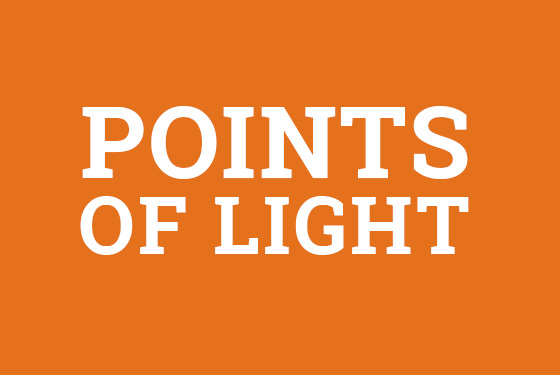New Jersey Appellate Court Rejects “Junk Science” in Talc Case
On April 28, 2021, the Superior Court of New Jersey, Appellate Division, found that a trial court improperly admitted expert testimony against defendants Johnson & Johnson and Imerys Talc America, ordering new, separate trials for the defendants. The court found that the trial court “misapplied the well-established judicial gatekeeping procedures” for expert testimony laid out by the New Jersey Supreme Court.
The appeal arose out of an asbestos litigation suit in which plaintiff claimed that he developed mesothelioma after being exposed to asbestos in baby powder and talc powder manufactured by the defendants. During the trial, plaintiff’s experts claimed that non-asbestiform minerals could cause mesothelioma without any data or studies to back up this claim. The judge also failed to assess the data or methodology used by the witnesses. This combined with defense expert’s testimony that there were non-asbestiform minerals in defendant’s baby powder could improperly influence the jury and was “clearly capable of producing an unjust result.” Consequently, the $117 million jury verdict was set aside.
This marks a win for Johnson & Johnson who has been fighting across the country to prove that its baby powder does not contain asbestos. The company stated that this was a step forward in preventing “junk science” from being utilized in asbestos litigation cases.
Expert testimony plays a crucial role in talc cases. Plaintiffs’ “experts” tell jurors that talcum powder causes ovarian cancer, even though the American Cancer Society has found that research regarding this link is “mixed” and potentially “biased,” and that if there is an increased risk, the risk “is likely to be very small.”







